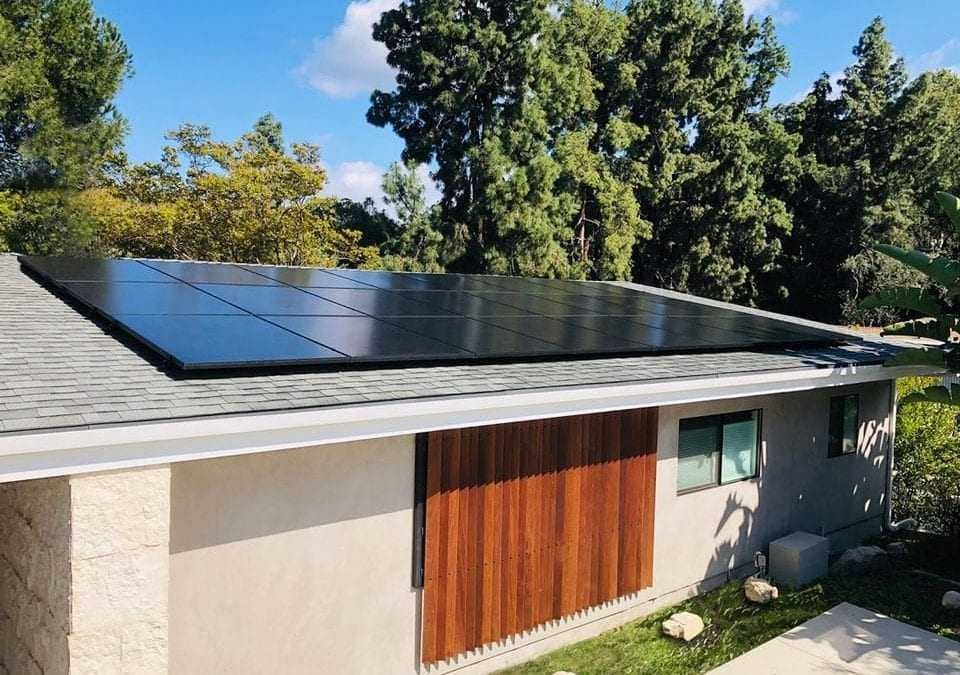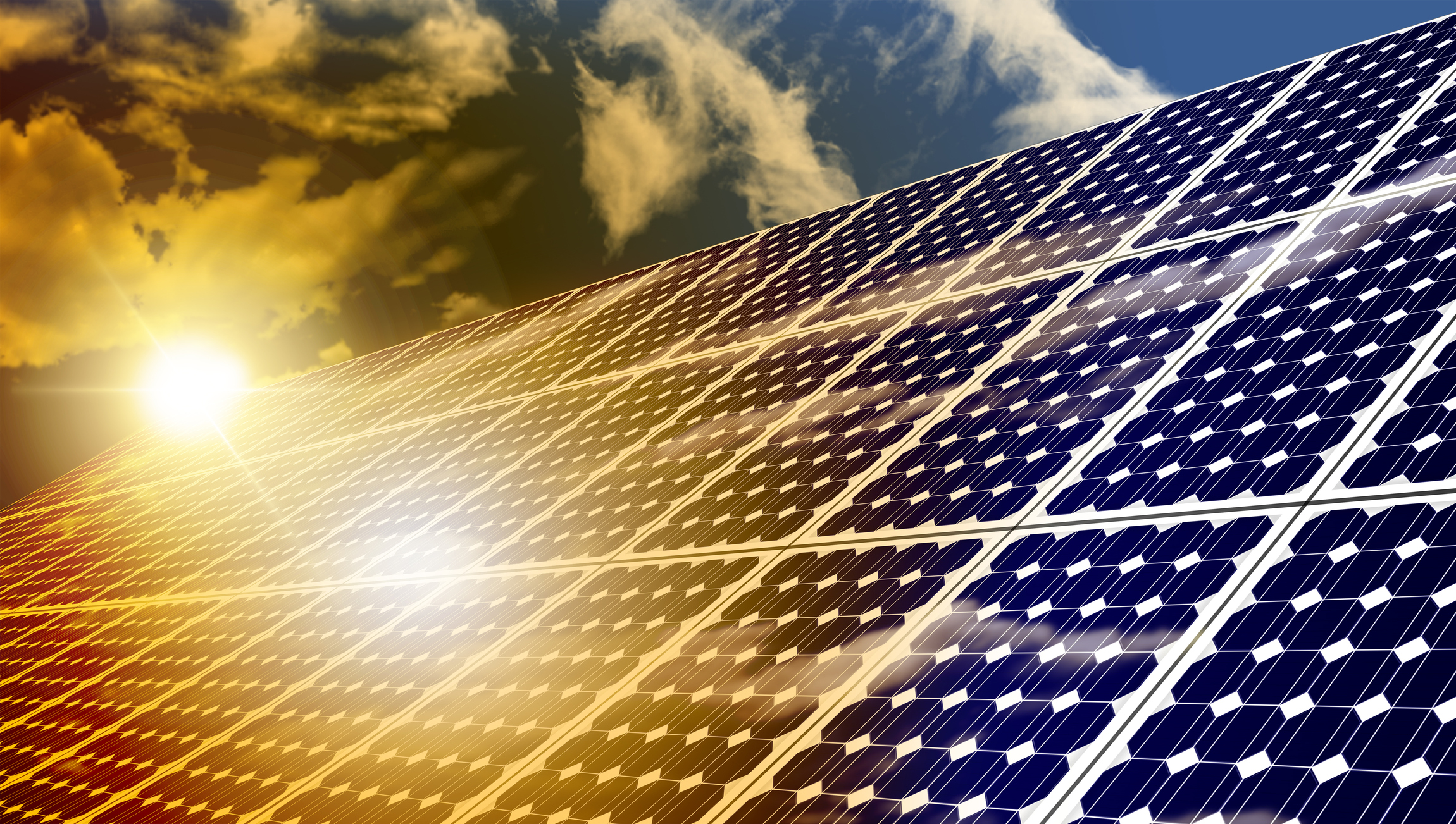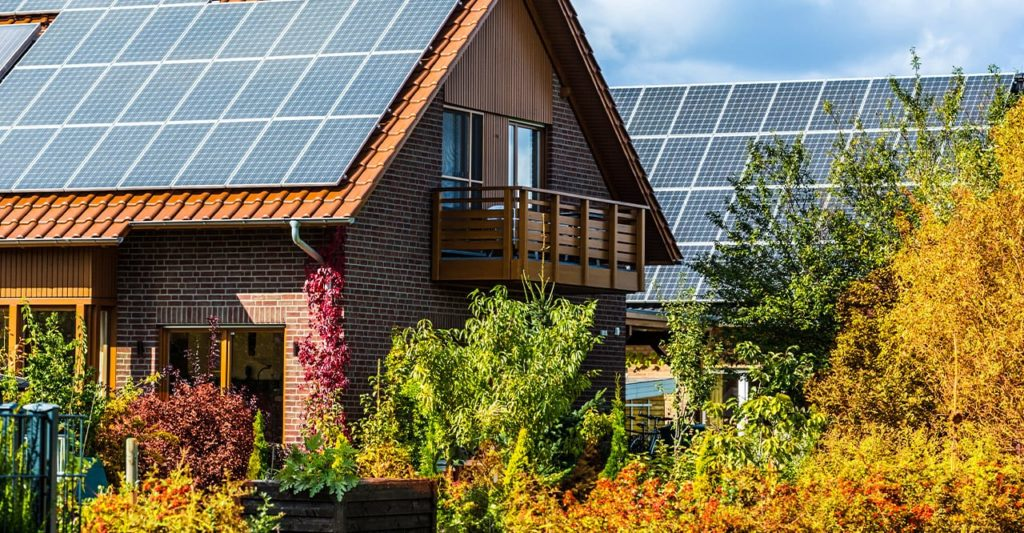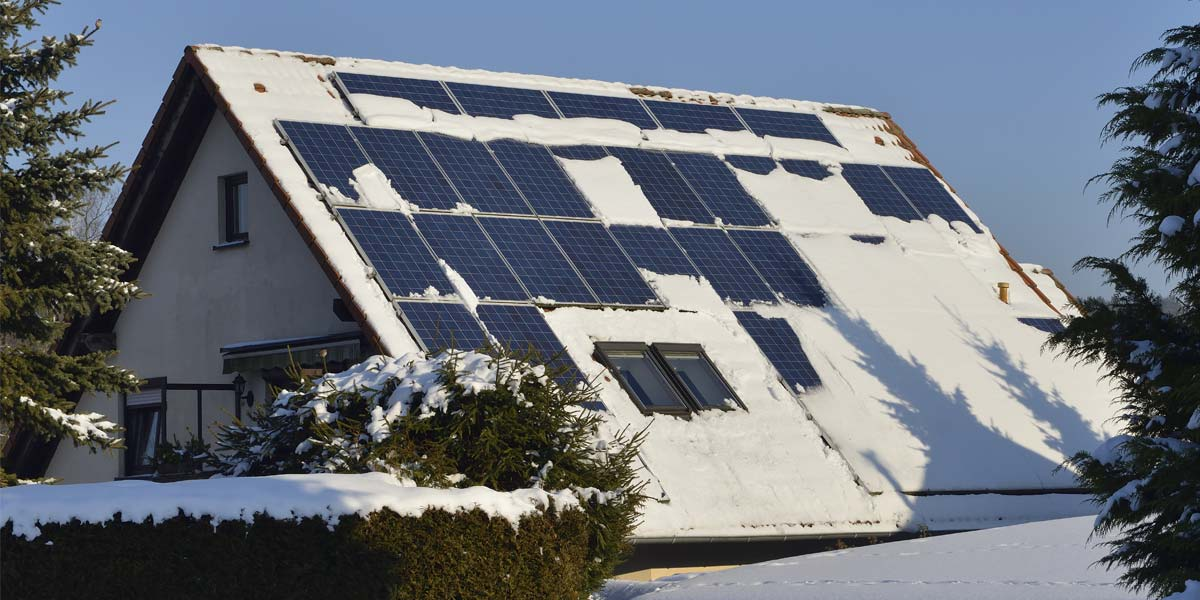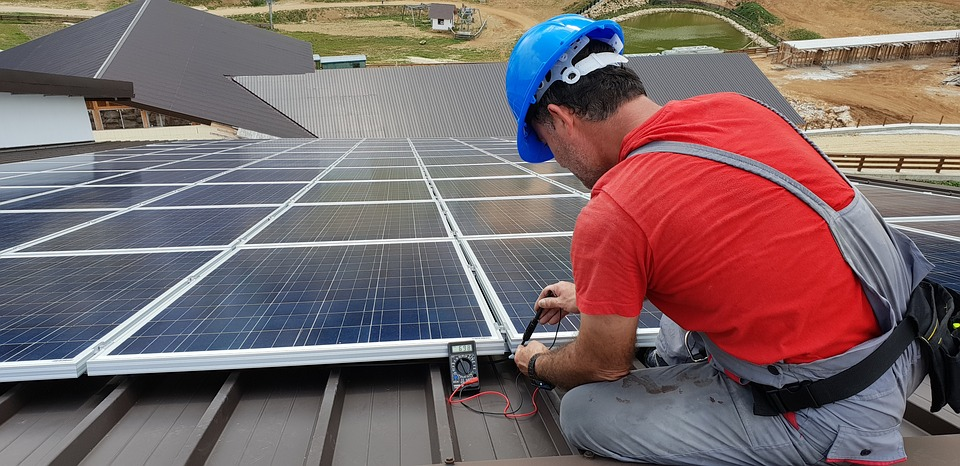If you are considering installing solar panels, spring is the right time to do it. The solar panel installation process requires planning, permits, approval, and inspection, plus the installation time is also very lengthy. For this reason, when is the best time to install solar panels? Spring remains the best option.
While summer months are popularly assumed to be best for solar panel installations, spring offers greater benefits than other seasons. It’s no secret that solar energy systems work perfectly even in regions with heavy clouds and low temperatures: Spring months are convenient and cost-effective.
What Months Are the Best to Install Solar Panels?
Every season has its benefits and drawbacks regarding solar panel installation. Depending on your goals, one season may be more convenient than another.
1. Spring
Image Credits: solaria.com
Installing solar panels in the spring season allows you to enjoy great benefits. When solar panel installation interferes with your electrical system, things can get chilly or hot. However, temperatures during spring are mild, making this period without power more bearable compared to other seasons.
The logistics of installing a solar energy system may take some time. The process involves an inspection from the local government or the utility company before installation. Depending on the local agency, the inspection process may take longer than expected. The downtime may see you spending lots of money on a temporary energy source. The mild temperatures in spring offset this, making it an ideal time to install solar panels.
Another benefit of spring installation is that it allows you to be well-prepared for the bright summer sunshine.
2. Summer
Image Credits: quora.com
Summer is the most popular solar installation season in the solar industry. Solar companies are busiest during the summer as they advertise their products and create solar incentives. Summer is also popular because solar panels are more efficient than in other seasons. For this reason, homeowners enjoy immediate value from their investments. Additionally, there is no better time when solar panel systems offset energy consumption levels than in the summer.
However, summer also has its fair share of downsides; the summer season comes with intense heat, longer wait times, and higher installation prices.
3. Fall
Image Credits: onithome.com
Fall is a great time to install a solar energy system because of the lower wait times, affordable installation fees, and cooler temperatures. The only factor that puts spring ahead of the fall season is the convenience and cost-effectiveness of the installation process. In the fall, however, a temporary energy source will still be needed during the installation period.
Compared to summer, having your panels installed in the fall will allow you to enjoy faster turnarounds from utility companies. This convenience is due to fewer homeowners investing in solar purchases in the fall. As with spring, fall is a convenient time to become a solar energy system owner.
Installing your home solar system in the fall is also beneficial in absorbing solar energy efficiently. Considering that most solar energy is generated by solar thermal systems or PV panels (photovoltaic panels), fall is a good time for them to produce electricity. Photovoltaic panels don’t use heat; instead, these panels use light for electrical power production. The panels become more efficient in cold weather than when exposed to extreme heat. For this reason, early fall is a good time to install solar panels so that you can stock up on credits for the winter months.
4. Winter
Image Credits: alamy.com
Installing a solar panel system in winter is the least efficient of all the seasons. Winter is the least optimal time of the year to install the system because the panels produce the least amount of electricity. It is easy to get swayed to install your solar panels in winter because of the low prices and fast turnaround times from companies.
However, the hustle before installation is too hectic. You will have to clean your roof by removing snow and ice and clearing your shingles. Furthermore, being a rollover period for most solar companies, filling in solar incentives can be more complicated than in other seasons.
What to Consider When Choosing the Best Season for Installing Solar Panels
Image Credits: eepower.com
1. Paperwork Process
Solar installation also requires you to complete some basic paperwork. In the spring, when the weather is neither too hot nor too cold, you can easily confirm the rebates, government schemes, and incentives.
2. Avoid Summer Rush
Most homeowners buy solar panels in the Summertime, and the rush starts from there. You can avoid that rush by purchasing solar panels in the spring season, and you can also get professional installers easily at this time.
3. Control High Summer Electricity Consumption Bills
Solar panel purchase, installation, and other procedures take about 5 weeks. If you start planning in the summer, retail electricity would have already affected your budget. You can select the spring season to save on your high summer bills.
4. Invest from Tax Payouts for Additional Benefits
Spring season or time allows you to invest from the tax payouts as many people are receiving tax returns at the end of the financial year. It is the best time to invest in home appliances or solar power to be exempt from heavy taxes and payouts.
5. Get Solar Ready When the Right Time Peaks
You require the solar system the most in the summer season or warm weather. The efficiency of the solar system tends to increase with warm weather. You can get the best results from solar energy as the warm and hot regions require more appliances or electricity. Installing solar at the right time saves you from the sun’s scorching heat.
Solar panels only need sufficient sunlight to generate electricity and not heat. Instead, solar panels function more smoothly in normal warm temperatures.
Due to normal suitable temperatures, solar panels’ efficiency increases before and after summer. High electricity production from solar panels is noticed in September and November.
Frequently Asked Questions
I). In what season do solar panels produce the most electricity?
Solar energy production is at its highest when the sun is high, and the daylight is longer. Usually, such days fall in May, June, July, and August. In Summertime, the panels produce more energy than at other times of the year.
II). Are solar panels worth it?
Solar purchase is worth it as it helps you with energy savings. Solar panel installation helps your home be more energy efficient and affordable. Additionally, it adds value to your property if you ever decide to sell.
III). What are the best months for solar panels?
May and June are the peak months when solar systems produce the most energy. The cause of this is that the sun gets to its highest, and the days are the longest, producing more solar energy.
IV). Do solar panels need direct sunlight or just light?
Solar panels need light to generate electricity and not necessarily sunlight. The panels can work even on cloudy days and in partially shaded areas. This is because the PV panels use light particles to generate electricity.
V). Do solar panels work when hot?
While solar panels need sunlight to generate electricity, too much heat can hinder production. The efficiency of solar electric production reduces significantly when there are high temperatures.
VI). How long do solar panels stay efficient?
Photovoltaic panels are made to be efficient for up to 25 years. Solar panels bought decades ago are still working at optimal capacity. Their longevity has also increased over the years, ensuring they are more efficient and reliable than ever.
VII). What time is solar most effective?
Solar panels are at peak production between 10 and 2, since the sun is at its highest in the sky. The sun’s light intensity increases as it rises, making morning hours the time when solar has the lowest output levels.
VIII). What time of day is best to use electricity with solar panels?
It is better to use Solar-generated electricity in the middle of the day, between 9 am and 3 pm when the sun is strongest. It is worth noting that the sun’s peak times may vary depending on the time of year and region.
IX). Do solar panels work at night or in the dark?
Solar panels need light to produce energy. The photovoltaic cells in the panels require sunlight to produce electricity. For this reason, solar panels do not create electricity at night or in the dark.
Conclusion
It is best to choose a suitable time for solar installation to avoid further delays and problems. You will know the correct value of electrical appliances and equipment at the time of their need. Solar panels can be best utilized in summer as the sun remains long in the summer. Check the installers’ certifications, registration, and licenses to understand the best time to install solar panels.


